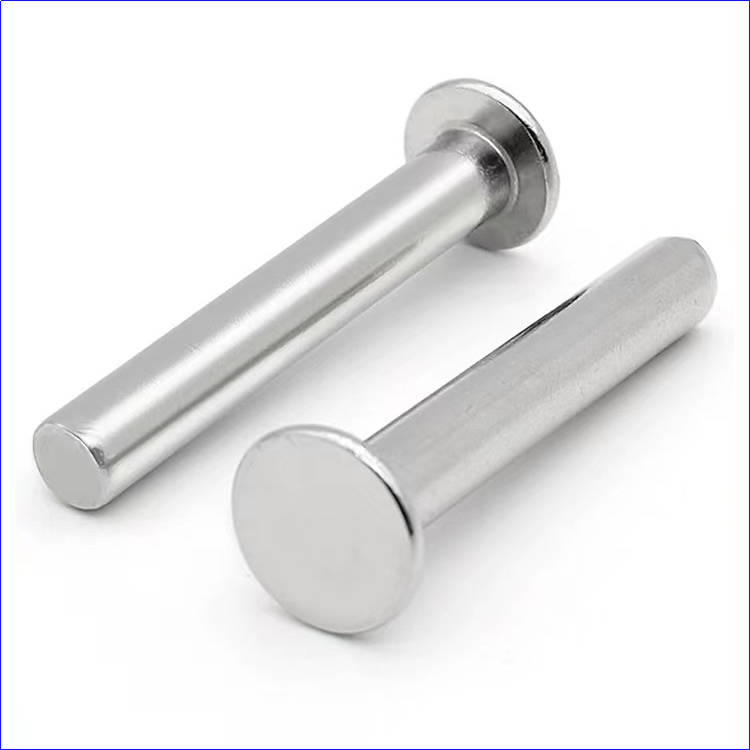What are the advantages and disadvantages of aluminum rivets?
2025-11-04
Aluminum alloy is an advanced material made primarily of aluminum, blended with other elements such as magnesium, manganese, silicon, and zinc. Today, let's discuss the advantages and disadvantages of rivets made from aluminum alloy.
The following are some of the key advantages of aluminum alloy rivets.
Affordability
While prices vary, aluminum rivets are generally less expensive than rivets made from other materials. Aluminum is the most abundant metal in the Earth's crust. Research shows that aluminum makes up approximately 8% of the Earth's crust. Because aluminum is so abundant, it's inexpensive. If you're on a budget, aluminum alloy rivets are a good choice.
Lightweight
Aluminum alloy rivets are lightweight. As mentioned earlier, they are primarily made of aluminum. Aluminum is lighter than titanium, steel, and many other materials. This makes aluminum alloy rivets a popular choice for aircraft fasteners. They provide a strong, permanent connection while minimizing the weight of the aircraft.
Corrosion Resistance
Another advantage of aluminum semi-tubular rivets is their corrosion resistance. They effectively resist oxidation and corrosion. Pure aluminum is inherently corrosion-resistant. However, aluminum alloys also contain other elements that further enhance their corrosion resistance. They also maintain their structural integrity even when frequently exposed to moisture or liquids.

Let's look at some of the main disadvantages of aluminum alloy rivets.
Pre-softening
Some types of aluminum solid rivets require pre-softening before installation. They are too hard to bend. Therefore, they must be softened using a special solution beforehand. This chemical solution softens the aluminum alloy rivet, making it easier to bend and install.
Heat Deformation
For fastening applications involving high temperatures, you may need to choose a rivet made from a different material. Aluminum alloys deform when heated. High temperatures (such as those caused by engine exhaust) can deform aluminum and aluminum alloys.
Special Tool Requirement
Some types of aluminum alloy rivets also require special tools to install. You can't install them with just a hammer. Instead, you may need a compression gun. The compression gun compresses and deforms the rivet, securing it in place.
Aluminum alloy is a common material used to make both solid and semi-tubular rivets. But like all materials, it has both advantages and disadvantages. If you want to know more about rivets, please pay attention to our website from time to time. We will continue to update some industry knowledge.



